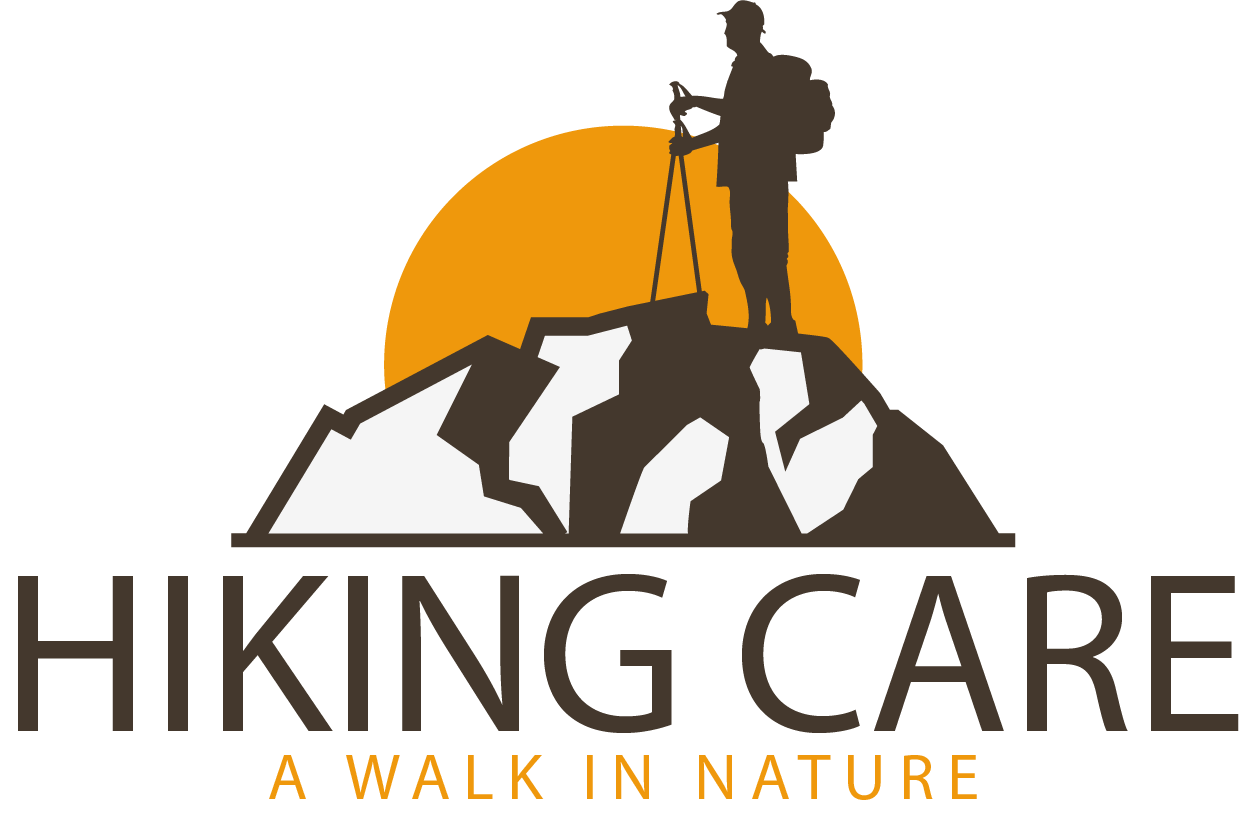MAGCOMSEN Men's Polo Shirt Quick Dry Performance Short Sleeve Tactical Shirts Pique Jersey Golf Shirt
EUR 11.96 (as of February 12, 2026 06:07 GMT +00:00 - More infoProduct prices and availability are accurate as of the date/time indicated and are subject to change. Any price and availability information displayed on [relevant Amazon Site(s), as applicable] at the time of purchase will apply to the purchase of this product.)Mardi Gras Sweatshirts for Women Fat Tuesday Sweatshirt New Orleans Carnival Party Mask Graphic Tops
EUR 20.16 (as of February 12, 2026 06:21 GMT +00:00 - More infoProduct prices and availability are accurate as of the date/time indicated and are subject to change. Any price and availability information displayed on [relevant Amazon Site(s), as applicable] at the time of purchase will apply to the purchase of this product.)Introduction
In the fast-paced world we live in, it’s easy to become consumed by the demands of daily life, leaving little room for self-care and mental well-being. However, there is a simple yet profound solution that can help you break free from the stresses of modern living and cultivate a healthier, happier mindset: hiking.
Hiking has long been recognized as a popular form of physical exercise, but its benefits extend far beyond just physical fitness. By immersing yourself in nature and engaging in this low-impact activity, you can unlock a multitude of mental health benefits that can transform your outlook on life.
In this comprehensive guide, we’ll delve deep into the mental health benefits of hiking, exploring how this accessible outdoor activity can boost your mood, reduce stress and anxiety, improve cognitive function, and foster a renewed sense of connection with yourself and the world around you.
Boosting Your Mood and Reducing Stress
One of the most well-known mental health benefits of hiking is its ability to improve your mood and reduce stress levels. When you spend time in nature, your body naturally releases endorphins, also known as “feel-good” chemicals, which can uplift your spirits and promote a sense of happiness and well-being.
Hiking also provides an opportunity to escape the constant stimulation and demands of modern life, allowing you to disconnect from technology and the stresses of daily routines. As you immerse yourself in the peaceful surroundings of nature, you can quiet your mind and focus on the present moment, which can help alleviate feelings of anxiety and overwhelm.
Research has shown that spending time in green spaces, such as forests or parks, can lower levels of cortisol, the hormone associated with stress. By reducing stress levels, hiking can help improve sleep quality, boost energy levels, and promote overall emotional well-being.
Combating Anxiety and Depression
In addition to reducing stress, hiking can also be an effective tool in combating anxiety and depression. The combination of physical exercise, exposure to natural environments, and the sense of accomplishment that comes with completing a hike can have a profound impact on mental health.
Numerous studies have found that regular physical activity, such as hiking, can help alleviate symptoms of depression and anxiety. The release of endorphins and the increase in blood flow during exercise can improve mood and reduce feelings of anxiety and negative thoughts.
Furthermore, the act of immersing yourself in nature has been shown to have a calming effect on the mind, reducing rumination and negative thought patterns that often accompany anxiety and depression. The natural beauty and tranquility of outdoor environments can help shift your focus away from worries and towards the present moment, cultivating a sense of mindfulness and inner peace.
Improving Cognitive Function
Hiking not only benefits your emotional well-being but can also have a positive impact on your cognitive function. Regular exposure to nature has been linked to improved attention, memory, and problem-solving abilities.
When you engage in physical activity, such as hiking, your brain releases neurotransmitters like dopamine and serotonin, which are associated with improved mood and cognitive performance. These neurotransmitters can enhance focus, memory retention, and overall brain function.
Additionally, the act of navigating through natural environments and taking in the sights, sounds, and smells of nature can stimulate the brain in unique ways, promoting neuroplasticity – the brain’s ability to adapt and form new connections. This cognitive stimulation can help keep your mind sharp and may even provide protective benefits against age-related cognitive decline.
Building Self-Esteem and Confidence
Hiking can be a powerful tool for building self-esteem and confidence. As you set out on a hike and overcome physical challenges, you’ll experience a sense of accomplishment and pride in your abilities. This can translate into a greater belief in yourself and your capabilities, boosting your self-confidence in other areas of life.
Setting and achieving hiking goals, whether it’s reaching a scenic viewpoint or tackling a challenging trail, can provide a sense of mastery and control over your environment. This can be especially beneficial for individuals who may feel overwhelmed or powerless in other aspects of their lives.
Furthermore, the solitude and quietude of hiking can provide an opportunity for self-reflection and personal growth. As you spend time in nature, you may gain new perspectives on your life, strengths, and areas for improvement, allowing you to develop a deeper understanding and appreciation of yourself.
Fostering Social Connections
While hiking can be a solitary activity, it can also be a means of fostering social connections and building a sense of community. Joining a hiking group or inviting friends and family to join you on the trail can create opportunities for meaningful conversations, shared experiences, and the development of lasting bonds.
Hiking with others can provide a sense of camaraderie and support, which can be beneficial for mental health. Engaging in physical activity together and working towards common goals can strengthen relationships and promote feelings of belonging and social connectedness.
Furthermore, hiking groups can serve as a platform for meeting new people who share similar interests and values. Building a network of like-minded individuals who appreciate the outdoors and prioritize their mental well-being can provide a sense of community and support, which is essential for overall happiness and fulfillment.
Enhancing Mindfulness and Spirituality
For many, hiking offers a path to cultivate mindfulness and explore spirituality. The act of walking in nature, with a focus on the present moment, can be a form of moving meditation, allowing you to quiet the constant chatter of the mind and embrace a state of heightened awareness.
As you tune into the sights, sounds, and sensations of your surroundings, you may find yourself becoming more attuned to the interconnectedness of all living beings and developing a deeper appreciation for the natural world. This sense of connection and awe can foster a sense of mindfulness and spiritual growth, which can have a profound impact on mental well-being.
Hiking can also provide an opportunity for self-reflection and introspection. The solitude and peaceful surroundings can create a space for you to explore your inner thoughts, emotions, and beliefs, leading to a greater sense of self-awareness and personal growth.
Table: Mental Health Benefits of Hiking
| Benefit | Description |
|---|---|
| Improved Mood and Stress Reduction | Hiking releases endorphins, reduces cortisol levels, and provides a break from daily stresses, leading to improved mood and reduced stress. |
| Anxiety and Depression Relief | Regular physical activity and exposure to nature can help alleviate symptoms of anxiety and depression, promoting a sense of calm and well-being. |
| Enhanced Cognitive Function | Hiking stimulates the release of neurotransmitters, improves focus and memory, and promotes neuroplasticity, leading to improved cognitive performance. |
| Increased Self-Esteem and Confidence | Overcoming physical challenges and setting achievable goals during hikes can boost self-esteem and confidence, fostering a greater belief in one’s abilities. |
| Social Connections and Community | Hiking with others can create opportunities for meaningful connections, shared experiences, and a sense of belonging, which are essential for overall mental well-being. |
| Mindfulness and Spirituality | Hiking offers a path for cultivating mindfulness and exploring spirituality, fostering a sense of connection to the natural world and promoting self-awareness and personal growth. |
FAQs
Q: Can hiking help with depression and anxiety?
A: Yes, regular physical activity, such as hiking, has been shown to alleviate symptoms of depression and anxiety by releasing endorphins, improving mood, and providing a break from daily stresses. Exposure to natural environments can also have a calming effect on the mind, reducing negative thought patterns and promoting a sense of inner peace.
Q: How can hiking improve cognitive function?
A: Hiking can enhance cognitive function in several ways, including stimulating the release of neurotransmitters like dopamine and serotonin, improving focus and memory. Additionally, navigating through natural environments and taking in the sights, sounds, and smells of nature can stimulate the brain and promote neuroplasticity, leading to improved cognitive performance.
Q: Can hiking help build self-esteem and confidence?
A: Absolutely. Overcoming physical challenges and setting achievable goals during hikes can provide a sense of accomplishment and mastery, which can translate into increased self-esteem and confidence in other areas of life. The solitude and self-reflection that hiking offers can also contribute to personal growth and a deeper understanding of one’s strengths and abilities.
Q: Is hiking a good way to meet new people and build social connections?
A: Yes, joining a hiking group or inviting friends and family to join you on the trail can create opportunities for meaningful conversations, shared experiences, and the development of lasting bonds. Hiking with others can foster a sense of camaraderie and social connectedness, which are essential for overall mental well-being.
Q: Can hiking help with mindfulness and spirituality?
A: Hiking can serve as a form of moving meditation, allowing individuals to quiet the mind and embrace a state of heightened awareness. The solitude and peaceful surroundings of nature can also provide a space for self-reflection and introspection, leading to a deeper sense of self-awareness and personal growth. Many people find that hiking enhances their spiritual connection to the natural world and cultivates a sense of mindfulness.
Conclusion
The mental health benefits of hiking are numerous and profound, making it a powerful tool for cultivating a healthier, happier mindset. From boosting mood and reducing stress to combating anxiety and depression, improving cognitive function, building self-esteem and confidence, fostering social connections, and enhancing mindfulness and spirituality, hiking offers a holistic approach to nurturing mental well-being.
By incorporating regular hikes into your routine, you can unlock a world of mental health benefits that extend far beyond physical fitness. So, lace up your hiking boots, immerse yourself in nature, and embark on a journey of self-discovery and personal growth. Your mind and spirit will thank you.

























